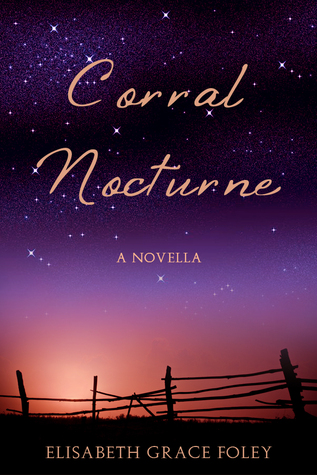Those who hang around The Inkpen Authoress long enough realize that I almost never participate in tags. I do, however, make exceptions for tags that actually interest me and that contain questions I have an interest in answering. Also, if the tags come from a reputable source, I am more inclined to give them credence as more than just another chain letter. ;) My old-faithful, Elisabeth Foley of The Second Sentence, tagged me in this thing she calls "The Bookshelf Challenge". This tag is quite nontraditional, containing absolutely no mentions of coffee or tea or any of those questions one comes to dread in interviews. Therefore, I participate:
Is there a book you really want to read but haven't, because you know that it'll make you cry? I am going to use my Get Out of Jail card and say that The Book Thief by Markus Zusack is one such book. I am halfway through, but making exceptionally slow progress. Death as a narrator is brilliant but heavy, and since I have seen the movie and know to what certain death we are careening, it puts a bit of damper on my headlong fling toward the final pages.
Pick one book that helped introduce you to a new genre: For this, I would have to say Sarah Sundin's With Every Letter. I had never read a Christian historical romance, having a creeping suspicion that they were all fluffery and stupid characters, but when I won Sundin's novel in a giveaway, I was taken in by the gentle, steady way the author weaves her story into the real facts of WWII.
Find a book you want to reread: Easy. Plenilune, by Jennifer Freitag. Cannot wait to have a copy of this baby in my library (October 20th, October 20th, October 20th). Also, the Hawk & Dove books by Penelope Wilcock.
Is there a book series you read but wish that you hadn't? Abram's Daughters by Beverly Lewis. I got got three-quarters of the way through and gave it up as a bad job.
If your house was burning down and all your family and pets were safe, which book would you go back inside to save? My Wodehouses and A Severe Mercy by Sheldon Vanauken. Also, Winnie-the-Pooh.
Is there one book on your bookshelf that brings back fond memories? Doesn't every book? But to answer this, I should probably say The Scarlet Pimpernel by Baroness Emmuska Orczy. There are many others, but I will never forget the sensation of not knowing anything at all about it and delighting over the first read.
Find a book that has inspired you the most. A Severe Mercy by Sheldon Vanauken
Do you have any autographed books? Actually, yes. I won the first two books in Sarah Sundin's Wings of the Nightingale series in two separate giveaways and both happened to be autographed copies! Also, I have quite a few from indie authors.
Find the book that you have owned the longest. Now We Are Six by A.A. Milne. I believe Mama gave me this book when I was five and I remember wanting to be able to say with Christopher Robin, "Now we are six!"
Is there a book by an author that you never thought you'd read or enjoy? Hmmm. Well, I had quite a prejudice against The Wind in the Willows for some time. Quite unfounded. And when I finally read it at the age of twenty-one, I realized I had been missing out on charm for years. On the other hand, perhaps I enjoyed it all the more because I was grown up and could understand the watercolored nuances. :)
Since Elisabeth tagged three authors, I will do the same. I tag Jennifer Freitag, Mirriam Neal, and Katelyn Sabelko.
Discussion 4 ~ Heidi Read-Along
6 years ago




























